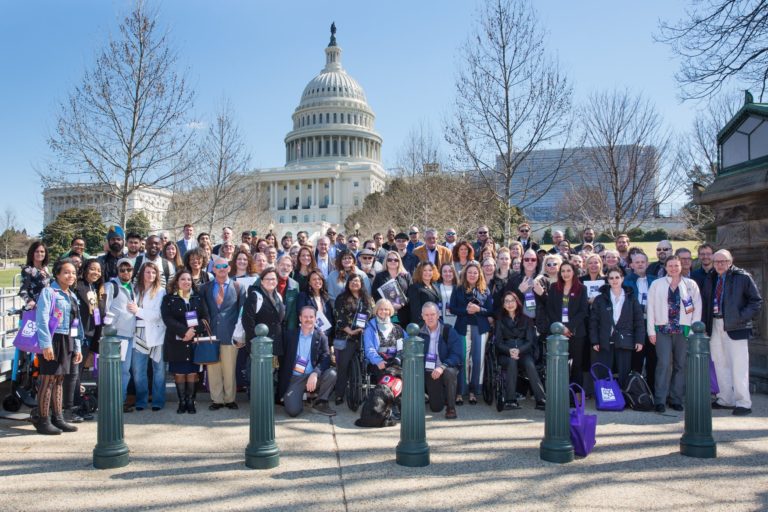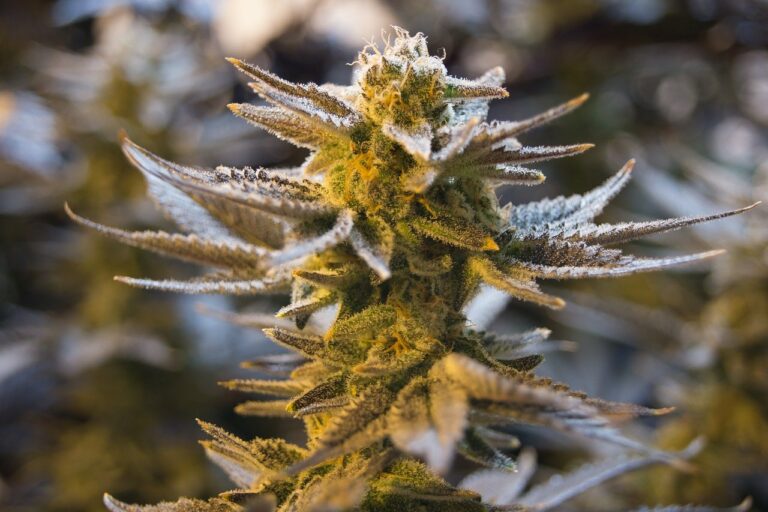
The use of cannabis in medicine is a hot-button topic on the best of days — especially with the Trump administration’s plan to rollback the Obama-era protections for states that wished to start their medical marijuana programs.
Medical cannabis is a useful medication. How does it boost the senior quality of life though, and what will happen if the current administration rolls back the protection allowing states to maintain their medical marijuana programs?
Find out below, starting with the four reasons behind medical marijuana’s benefits:
1. Cannabis Treats Multiple Conditions
Medical marijuana may still be a Schedule I drug, meaning that the federal government believes it’s dangerous and void of medical applications, but that hasn’t stopped states from establishing medical marijuana programs to treat multiple conditions.
In fact, medical cannabis provides treatment for the following conditions:
- Glaucoma
- Degenerative brain disorders
- Cancer
- Arthritis
- Chronic pain
- Anxiety and depression
- Heart disease
- And more
Adults over the age of 55 experience many of these illnesses. By allowing the use of medical cannabis by seniors, patients can reduce the number of prescription medications they take — including potentially dangerous opioid painkillers.
2. Cannabis Lowers Negative Drug Interactions
The senior population of the United States makes up 13.7 percent of the people who live in the country, yet they use 40 percent of all prescription drugs. That means the average person between
the ages of 65 to 69 is filling upward of 14 prescriptions per year.
That is a lot of opportunity for harmful drug interactions, especially if the patient has a primary care physician or pharmacist who isn’t paying attention.
Cannabis can reduce the chance for dangerous drug interactions in a variety of ways. First, marijuana itself has not been found to react with any prescription medication in studies, though research surrounding the use of medical marijuana are inadequate due to the strict regulations surrounding the use of marijuana in a lab setting. Medical cannabis’ uses also mean that for some patients, it could potentially replace some or all of their prescription medication.
Finally, you don’t have to experience the psychoactive components of marijuana — just juice the raw plant, and you can take advantage of all the anti-inflammatory properties without any of those side effects. Many strains of medical marijuana are also available with low percentages of tetrahydrocannabinol (THC), which causes the medicine’s psychoactive side effects.
3. Cannabis Encourages Communication
Seniors, especially those that live independently, can be prone to loneliness. It can be hard to socialize and make connections with others with limited mobility. Medical cannabis for seniors can help to encourage communication and interactions, as well as improve imagination, creativity and empathy.
This benefit does rely on the psychoactive components in cannabis — and not everyone will react to the drug the same way, but in many cases, the use of marijuana helps to break down barriers and prevent the kind of social isolation associated with being an older individual.
And if older members of your family are worried about leaving their home to socialize due to their mobility, as one in four adults fall each year, you can provide them with a medical alert system to ensure that if anything happens, they have immediate access to emergency services.
4. Cannabis Offers Low Addiction Risks
Many of the medications prescribed to seniors to treat common conditions, like chronic pain, have addictive tendencies. Americans only make-up 4.4 percent of the world’s population but consume more than 30 percent of the opioids produced in the world.
Marijuana can treat many of the conditions that physicians prescribe opioid painkillers for, but without the addictive tendencies that traditional painkillers exhibit. This trait is beneficial for seniors, as the withdrawal symptoms of opiate painkillers can be more dangerous than the drugs themselves.
Cannabis Risks Rollbacks
With a new administration, changes are beginning to happen — and alterations to medical cannabis’ legality across states may be next as the U.S. Attorney General, Jeff Sessions, wants to allow federal prosecutors to take action against states that have medical marijuana programs currently in the works.
According to the U.S. Attorney General, good people don’t use marijuana. His view, however, does not consider the seniors that benefit from medical cannabis, which alleviates their pain without the risk of many other prescription drugs.
Medical marijuana is a game changer for many people. It’s too early to tell what the federal government isplanning regarding the right of states to run a medical marijuana program, but one thing is clear — taking away medical marijuana would hurt the people who need it, and benefit from it the most, seniors.







